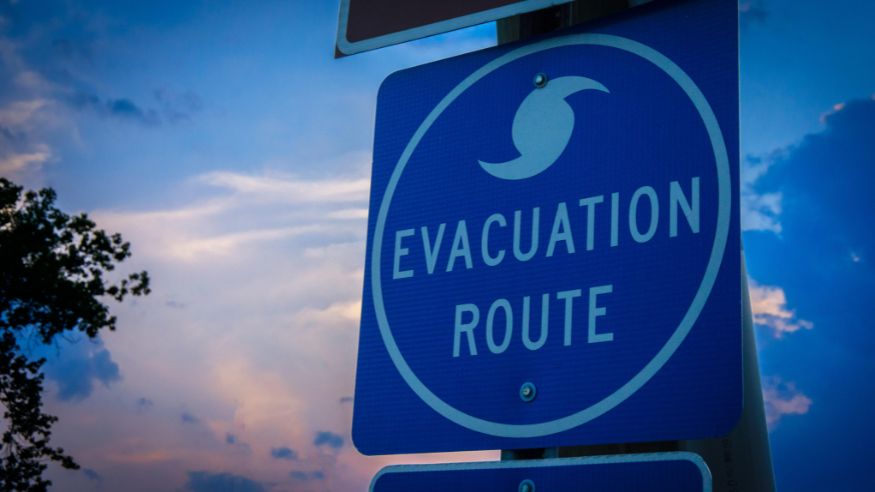Access your application, documents, placement, travel info, and more. For Camp USA, Career Training USA, Work & Travel USA, and U.S. Citizens Abroad.
Manage your au pair or host family profile, matches, and more. For Au Pair USA participants & hosts.
Check in to SEVIS when you arrive in the U.S. and every 30 days thereafter. For Work & Travel USA participants.
Access your application, documents, placement, travel info, and more. For Camp USA, Career Training USA, Work & Travel USA, and U.S. Citizens Abroad.
Manage your au pair or host family profile, matches, and more. For Au Pair USA participants & hosts.
Check in to SEVIS when you arrive in the U.S. and every 30 days thereafter. For Work & Travel USA participants.
Access your application, documents, placement, travel info, and more. For Camp USA, Career Training USA, Work & Travel USA, and U.S. Citizens Abroad.
Manage your au pair or host family profile, matches, and more. For Au Pair USA participants & hosts.
Check in to SEVIS when you arrive in the U.S. and every 30 days thereafter. For Work & Travel USA participants.






